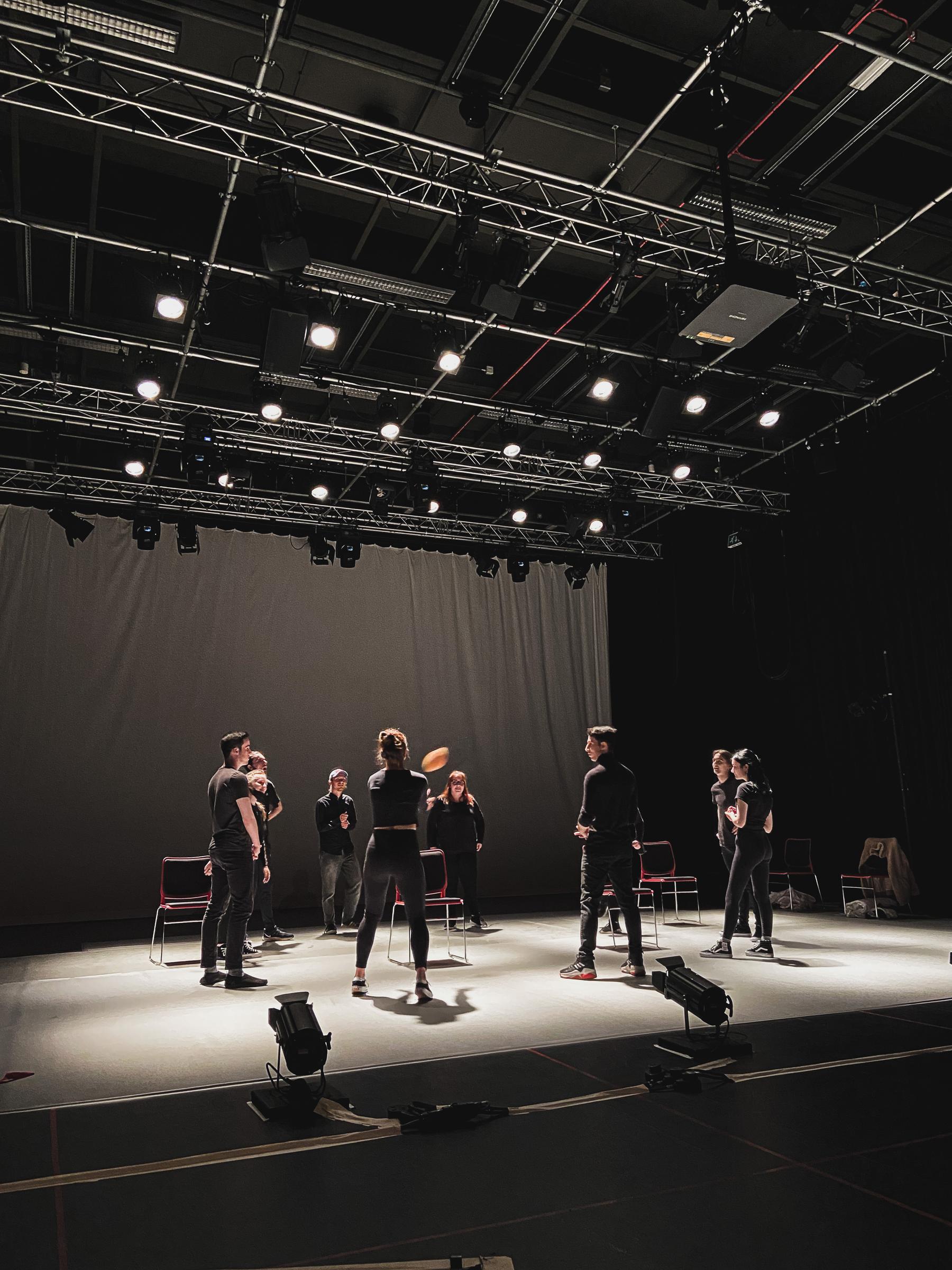Drama

Purpose
Drama isn't just about acting and performing in theatre or musicals. It is about developing our skills in speaking and visual communication. It is about learning to be confident when communicating not only in front of a group of people but having the confidence to speak and communicate to our peers and families. Students will learn some of these essential communication skills by participating in extended drama activities involving movement, characterisation, play building, focus, transformation, ritual and symbol. Students will also use a range of stimuli such as poetry, text extracts, newspapers, books and play scripts to develop their own performances.
Structure and Content
Students explore a range of traditional, stylistic, historical, cultural and contemporary theatre forms, researching and analysing the stylistic, technical and expressive features of these theatre forms. Students then apply this knowledge to creating their own pieces, varying the content and Structure and Content to suit a range of contexts.
Drama practice – ideas, skills, techniques and processes
Students will use various starting points to generate and expressively develop ideas when making and presenting drama. They will demonstrate a range of skills, techniques and processes in organising drama elements to structure drama. For example: developing and sustaining characters and situations to express ideas, developing scripts from improvisation, using a variety of stagecraft elements to structure drama presentations. Students will plan, rehearse and present drama individually and in groups, to a variety of audiences.
Responding to Drama – criticism, aesthetics and contexts
Students will learn to describe how the organisation and presentation of drama can communicate ideas and feelings. They will also demonstrate an understanding of the ways in which drama is made in particular cultural and historical contexts. Students will compare the structure and expressive qualities of a range of dramas and develop and express informed opinions about performances (including their own). Students will also learn to understand how drama is used to meet specific cultural and historical purposes and understand how these contexts influence their own drama experiences.
